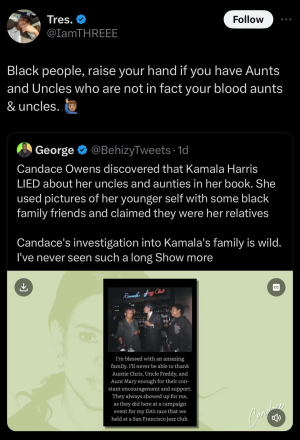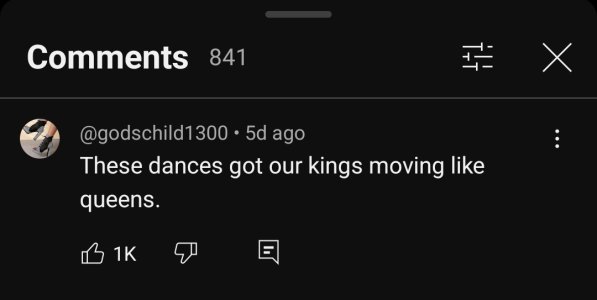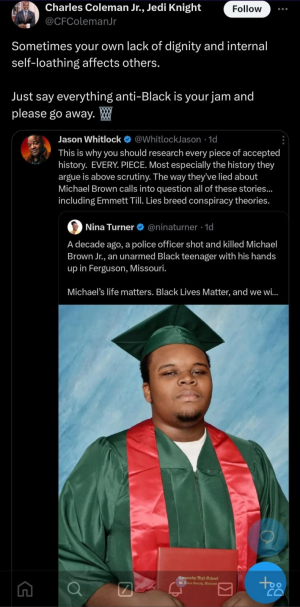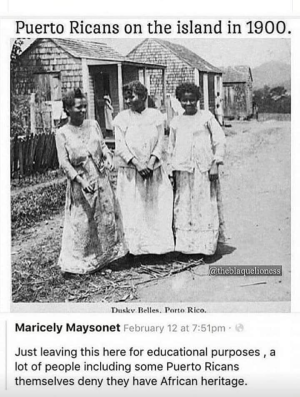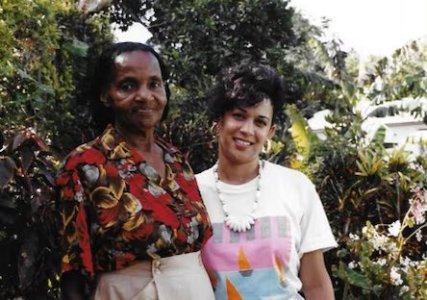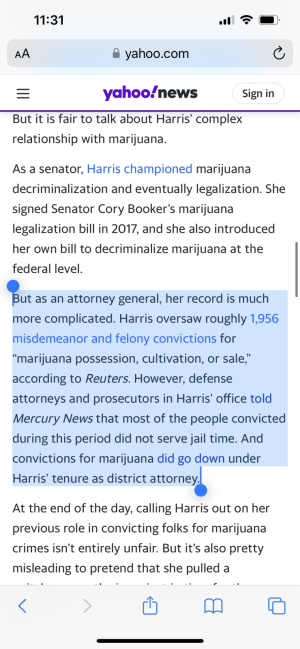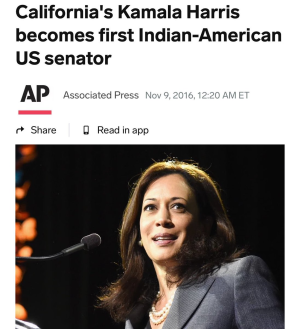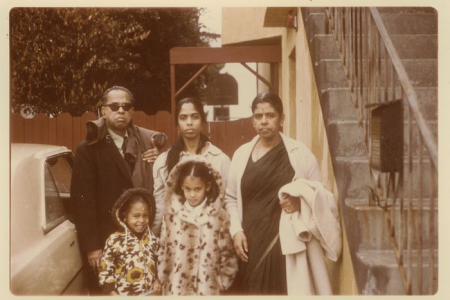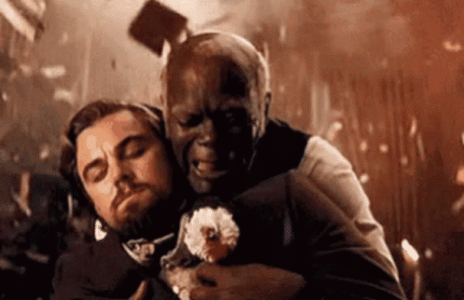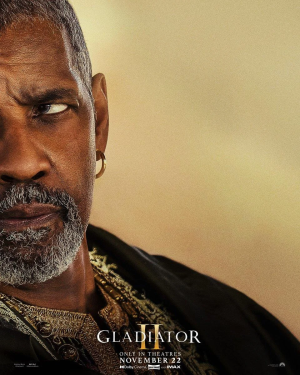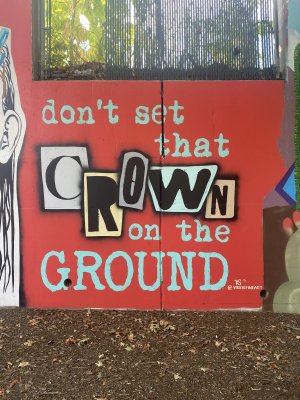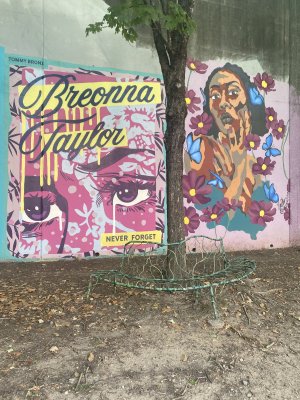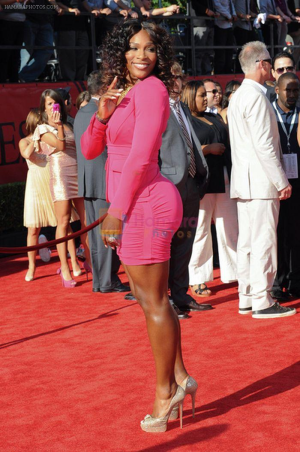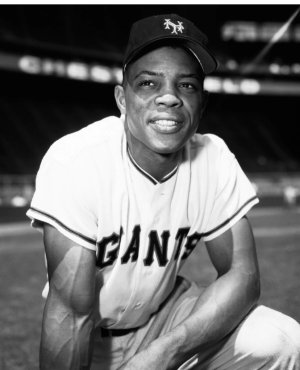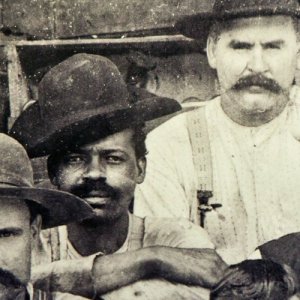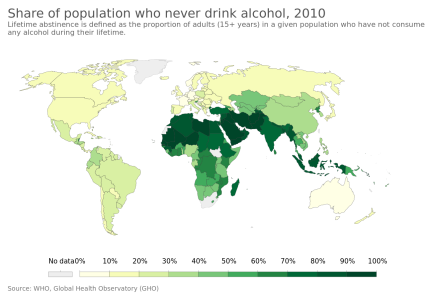- 3,126
- 2,497
- Joined
- Jul 25, 2013
Yo I'm not averse to reading but seeing as I'm not stateside and won't be for the foreseeable future, I need something digital.
Ive never heard of anyone you mentioned. Full names would be appreciate, as I can Google them meanwhile.
I don't know how much time you have on your hands, but I do have some ebooks and resources. My belief is that we need a racial and political education that fosters an understanding of the past as well as the present to fully grasp our situation.
Here are some sites to give you a good foundation to start with.
http://exhibitions.nypl.org/africanaage/essay-pan-africanism.html
http://www.blackpast.org/perspectives/pan-african-congresses-1900-1945
https://www.panafricanalliance.com/understanding-pan-africanism/
https://revolutionarystrategicstudi...ah-the-people-of-africa-are-crying-for-unity/
Books:
http://b-ok.xyz/book/2470009/2dfe48
http://b-ok.xyz/book/884303/1165a0
http://b-ok.xyz/book/1193857/ad64ff
http://b-ok.xyz/book/971947/b9c5af
Here is a whole google folder of books
https://drive.google.com/drive/folders/0Bz011IF2Pu9TUWIxVWxybGJ1Ync
That should keep you busy for awhile. Happy reading.
Last edited:









